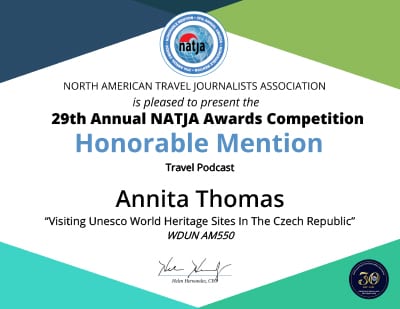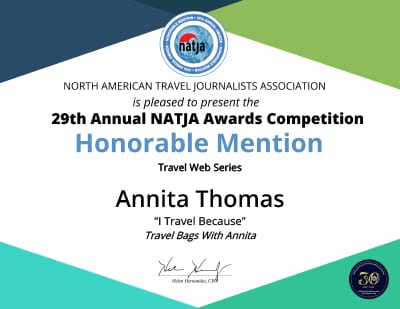Photo credit: Hawkeye Hotels – Holiday Inn Express – Crestwood, Illinois
Most people have heard of Airbnb, VBRO, HomeAway or other internet-based platforms that allow individuals or “hosts” to rent their personal homes to travelers. This lodging transaction that takes place between a willing guest (buyer) and host (seller) does not only affect the buyer and seller. Unfortunately, there are other stakeholders who are affected as well.
I want to shine a light on some of the various external stakeholders who might be unknowingly impacted by the short-term online rental market. There are many different areas of society where the explosive growth of this particular kind of lodging is producing negative externalities that need the attention of state and local citizens and governments.
So who are some of the external stakeholders that are negatively impacted by the short-term online rental market?
1. Citizens are losing out on the benefits of the hotel occupancy tax revenue generated by lodging transactions. State and local governments use these funds to attract travel and tourism, which ultimately has a broad economic impact on a community.
2. Neighbors who do not want commercialized lodging within their neighborhoods, apartments or condominiums. These residential areas overwhelmingly have restrictions regarding commercial operations. Most residential neighborhoods are zoned “single-family” because the homeowners have made a choice not to live in commercialized areas. Apartments are full of families that want to live in an apartment community, not a hotel. Additionally, most condominium associations restrict the transient nature of the short-term online rental market.
3. Guests with disabilities are not always provided with appropriate accessibility within the host’s lodging accommodations. Legitimate hotels are compliant with the Americans with Disabilities Act (ADA) requirements. Currently, there is no meaningful regulatory process in place to enforce ADA compliance in the short-term online rental market.
4. Guests who care about life safety should be aware that many “host” facilities do not have fire alarms and/or fire sprinkler systems in place. Legitimate lodging facilities are equipped with monitored systems that are inspected on an annual basis.
There is also widespread concern regarding general liability insurance and security issues that do not meet commercial requirements. Do you believe that the “hosts,” who are not paying occupancy taxes, breaking zoning restrictions, discriminating against the disabled and not providing life safety systems, will really pay for general liability insurance or provide commercial grade locking solutions? Maybe a small number of hosts with high ethical thresholds, but the vast majority do not lawfully operate where they are located.
How important are these factors to you when it comes to you making decisions about your lodging choices? Do you live in an area that has restrictions on commercial lodging? Do you care if there is a continuous revolving door of random people lodging next door and/or down the street? Shouldn’t the short-term online rental market have to comply with the same laws and regulations as legitimate hotels?
Take the time to consider these factors and please feel free to weigh in on the conversation. I am hopeful that as time moves on, travelers, as well as the general public, will understand the legal and regulatory challenges associated with short-term online rentals.
About the Author:
 Doug Denman is the owner of Texas-based Worth Hotels, LLC, and is a member of the IHG Owners Association. As an Association member, Doug currently chairs the newly formed Industry Advocacy Committee and serves on the Executive Committee of the Emerging Leaders Council (ELC). For two years, Doug was a part of the IHG Owners Association’s Responsible Business Committee. He has also served on the Board of the Texas-Oklahoma Junior Golf Tournament since 2004, including two years as President.
Doug Denman is the owner of Texas-based Worth Hotels, LLC, and is a member of the IHG Owners Association. As an Association member, Doug currently chairs the newly formed Industry Advocacy Committee and serves on the Executive Committee of the Emerging Leaders Council (ELC). For two years, Doug was a part of the IHG Owners Association’s Responsible Business Committee. He has also served on the Board of the Texas-Oklahoma Junior Golf Tournament since 2004, including two years as President.
For more information about IHG Owners Association visit their website: www.owners.org




It’s really hard to agree with any of the points raised here.
I think it’s a little narrow-minded to think of huge companies such as AirBnB as mere “short-term trends.” Person-to-person rental offers guests a form of added value that cannot get from hotels – personal contact, potential friendship and homeliness – and as such should not be seen as direct competition.
As for “life safety”, by this logic everyone should be forced to live in a hotel. Rented flats and houses are obligated to be fitted with working fire alarms (at least in the UK) and so if they aren’t, it isn’t just the renter who is in danger.
And how about the owners themselves? Do you think the owners also face the risks of welcoming the bad visitors?